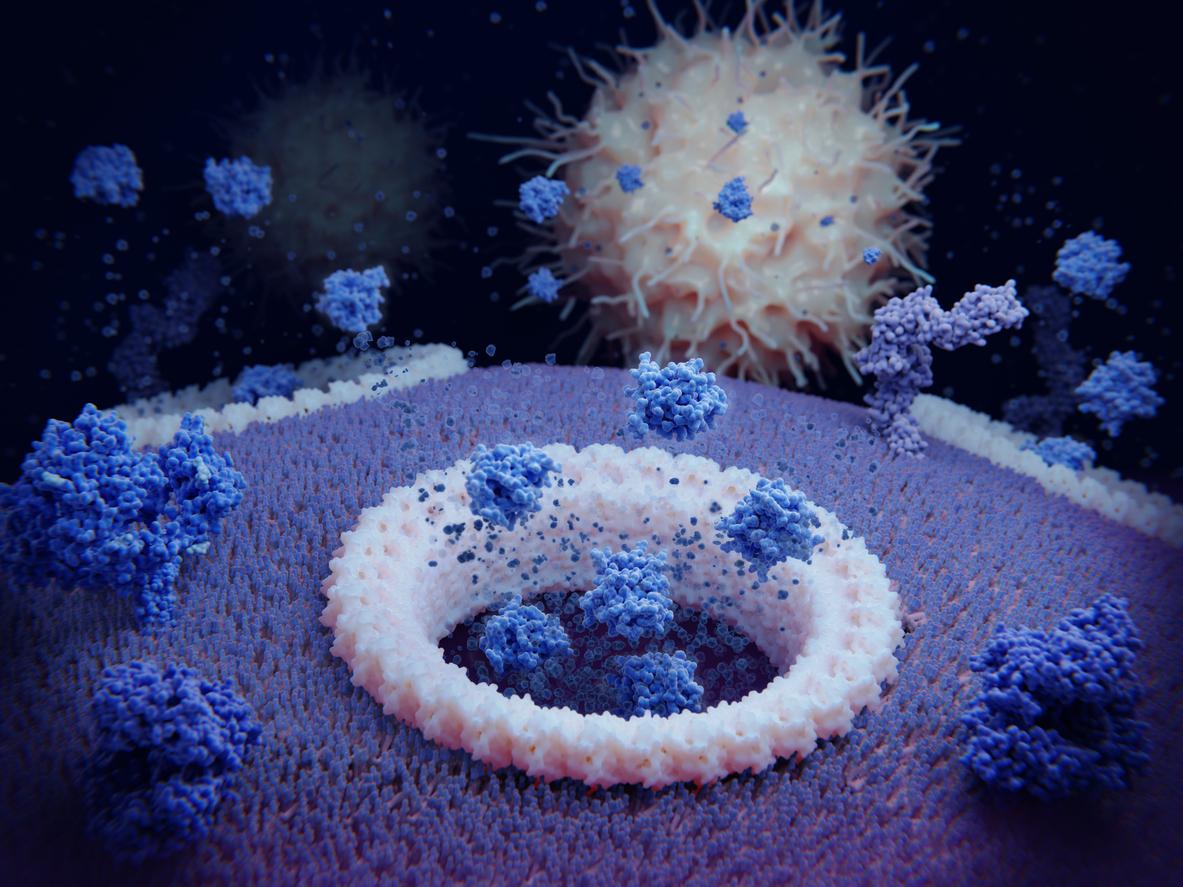2024-10-17
Circulating levels of cytokines and risk of urologic cancers: a two-sample Mendelian randomization study
Urology-nephrology
The authors obtained data on bladder cancer (373,295 cases and 372,016 controls), prostate cancer (462,933 cases and 459,664 controls) and kidney cancer (463,010 cases and 461,896 controls) from the UK Biobank.
Genetic variations linked to 41 circulating cytokines were used as instrumental variables in meta-analyses of genome-wide association studies (GWAS) involving 8,293 Finnish individuals. The authors mainly used the inverse variance weighted (IVW) method to assess potential associations between the 41 cytokines and the risk of 3 common urological cancers. The weighted median, weighted mode and simple median methods were used to assess sensitivity. Heterogeneity and pleiotropic outliers were assessed by Cochran's Q test and MR-Egger regression. Genetic correlation, colocalization analysis and MR multivariate analysis were used to validate potential pleiotropy.
After Bonferroni correction, an association was observed between genetically predicted high CCL27 levels and an increased risk of bladder cancer. Conversely, IL-12p70 levels were found to have a protective association against bladder cancer risk. Sensitivity analyses using various IV sets and the MR approach remained robust. In addition, the authors found potential associations between 7 cytokines and urological cancers (4.07 × 10-4 ≤ P < 0.05).
Conclusion: this study confirmed causal associations between CCL27, IL-12p70 and bladder cancer risk, as well as potential associations of 7 cytokines with urological cancer risk. This helps us to better understand the pathogenesis of urological cancers and provides clues for improving diagnostic accuracy and therapies.
Source(s) :
Chanson Jinbo, Soleil Xiaoke, Ting Wang, Chao Li, Leihong Yuan ;

Last press reviews
Seasonality and mental health: how winter and summer shape our minds

By Carolina Lima | Published on January 6, 2026 | 3 min read
Winter depression: can vitamin d shed light on mood?

By Ana Espino | Published on January 5, 2026 | 3 min read
Holiday weight gain: small indulgences, big effects?

By Ana Espino | Published on January 2, 2026 | 3 min read<br>